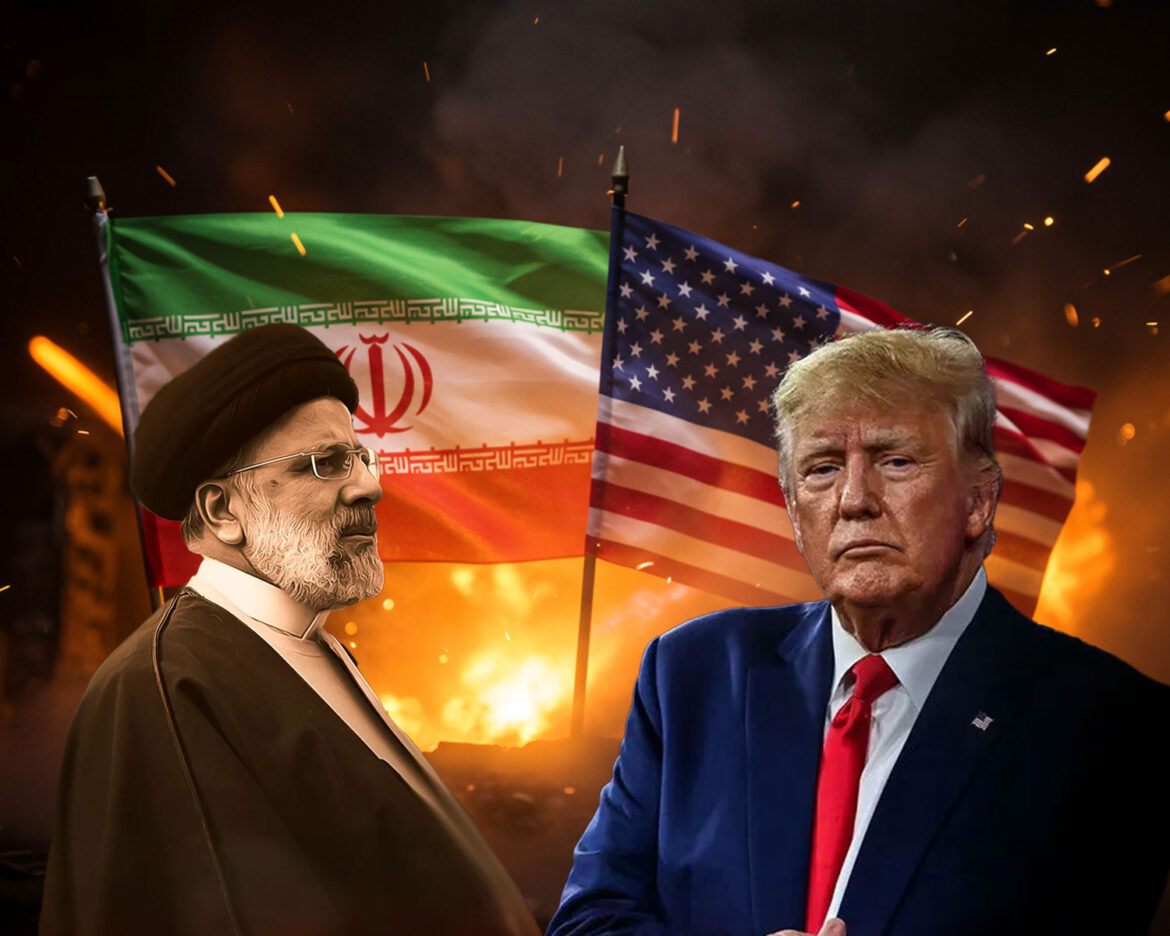In a defiant and fiery address, Iranian Supreme Leader Ayatollah Ali Khamenei declared that Iran will bring an end to the ongoing conflict in the region, issuing a direct warning to former U.S. President Donald Trump, whom he labeled a “gambler” playing with the lives of nations.
“The war you started will not end on your terms,” Khamenei said during a nationally televised speech marking the anniversary of the 1980 Iran-Iraq War. “This region will no longer be a playground for your reckless ambitions. We will end this war — not you.”
The remarks come amid escalating tensions between Iran and U.S.-aligned forces following a series of missile exchanges and cyberattacks targeting critical infrastructure. While Washington has not officially confirmed involvement in the latest round of conflict, Tehran continues to hold Trump personally responsible for the current crisis, citing his decision to withdraw from the 2015 nuclear deal and authorize the 2020 killing of General Qassem Soleimani.
Iranian military officials echoed the Supreme Leader’s sentiments, warning that retaliation would be “precise and inevitable.” State media reported that missile systems have been placed on high alert, and naval forces have increased their presence in the Strait of Hormuz.
In the U.S., political reactions were swift. President Joe Biden, speaking at a press conference in Brussels, urged de-escalation, emphasizing that “military confrontation is not the answer.” Trump, who is currently campaigning for a return to the White House in 2026, responded on Truth Social by dismissing Iran’s threats as “desperate propaganda.”
With both sides entrenched, analysts warn that rhetoric alone may not defuse the situation. “This is a dangerous game of brinkmanship,” said Dr. Leila Farzan, a Middle East expert at the London School of Economics. “If cooler heads don’t prevail, we could be headed toward a larger regional conflict.”
As the world watches, hopes for diplomacy remain dim — and the costs of miscalculation grow ever higher.



